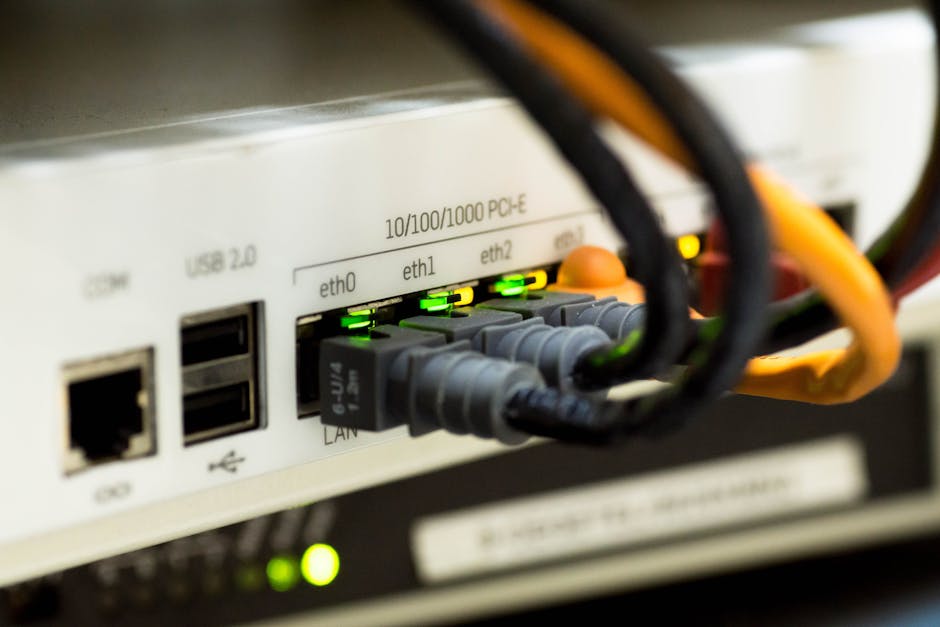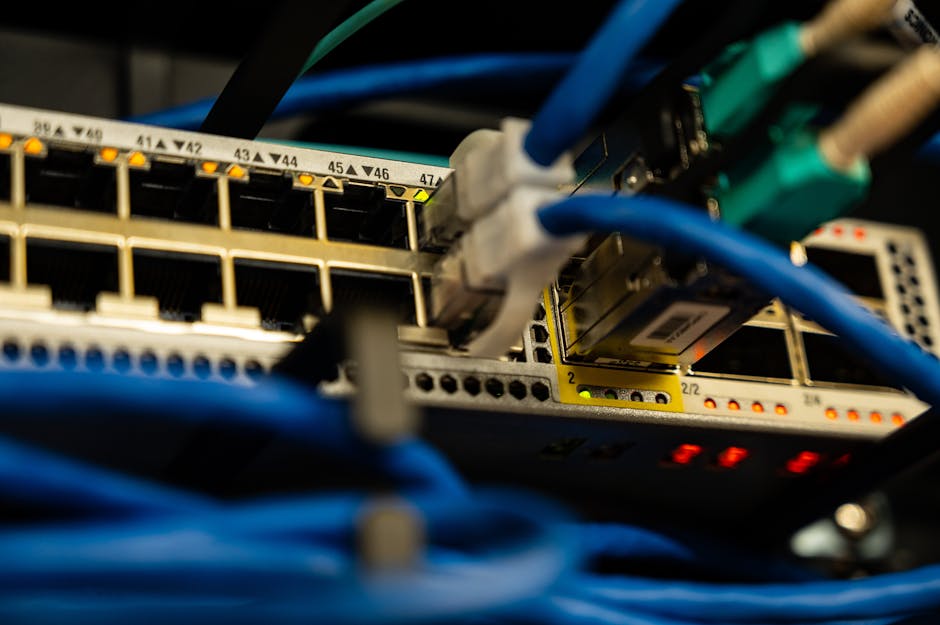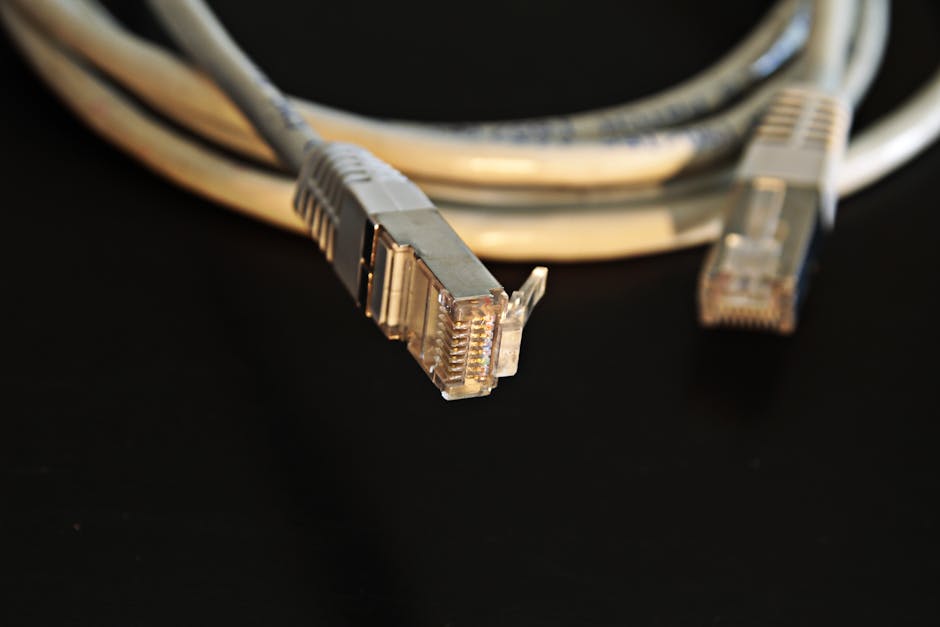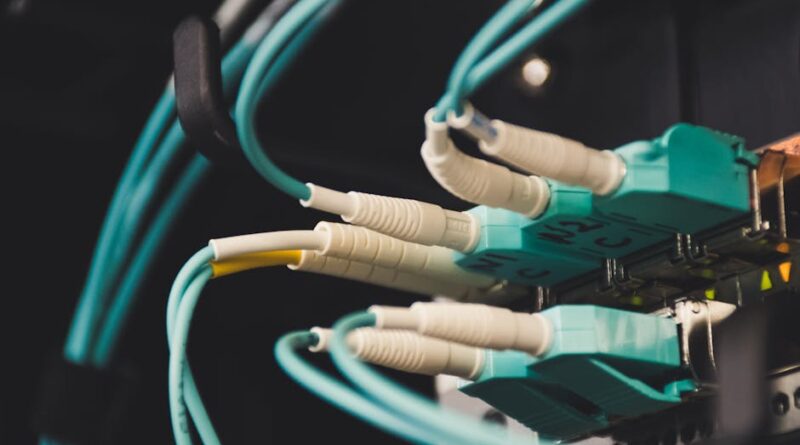How to Speed Up Your Internet Connection
In today’s digital age, where connectivity has become a cornerstone of our daily lives, having a fast and reliable internet connection is more crucial than ever. Whether you’re working from home, streaming your favorite shows, or simply browsing the web, a slow internet connection can be incredibly frustrating. Fortunately, there are several ways to optimize your internet speed and ensure a seamless online experience. In this comprehensive guide, we will explore various strategies and techniques to help you speed up your internet connection effectively.
The Importance of Internet Speed

Before delving into the specifics of how to enhance your internet speed, it’s essential to understand why internet speed matters. The speed of your internet connection impacts every aspect of your online activities, from how quickly web pages load to the quality of video streaming. A faster internet connection not only improves your browsing experience but also enhances productivity, particularly for tasks that require high bandwidth, such as video conferencing or large file downloads.
Moreover, in today’s interconnected world, where smart devices, cloud services, and online gaming are prevalent, a fast internet connection is essential for seamless connectivity across various platforms. Whether you’re a casual internet user or a heavy data consumer, optimizing your internet speed can significantly enhance your overall online experience.
Factors Affecting Internet Speed

Several factors can impact the speed of your internet connection, ranging from external environmental conditions to internal network settings. Understanding these factors is crucial in identifying the root cause of slow internet speeds and implementing the appropriate solutions. Some common factors affecting internet speed include:
1. Network Congestion
Network congestion occurs when multiple users in the same area are competing for limited bandwidth, resulting in slower internet speeds for everyone. This often happens during peak hours when more people are actively using the internet simultaneously. Network congestion can be alleviated by choosing an internet service provider (ISP) with robust infrastructure and investing in higher-speed internet plans.
2. Router Placement
The placement of your router within your home or office can significantly impact the strength and speed of your internet connection. Routers should be positioned in a central location, away from obstructions such as walls or large furniture, to ensure optimal signal coverage. Additionally, placing the router at an elevated position can help improve wireless signal distribution.
3. Hardware Limitations
The age and quality of your modem, router, and network cables can also affect your internet speed. Outdated or low-quality hardware may not support higher internet speeds, leading to decreased performance. Upgrading your hardware to newer, more efficient models can help boost your internet speed and overall network performance.
4. Interference from Other Devices
Electronic devices such as microwaves, cordless phones, and baby monitors can interfere with your Wi-Fi signal and cause disruptions in internet speed. To minimize interference, avoid placing electronic devices near your router and consider using devices that operate on different frequency bands.
5. Software Issues
Software-related issues, such as malware infections, background applications consuming bandwidth, or outdated device drivers, can also impact your internet speed. Regularly update your operating system, antivirus software, and drivers to ensure optimal performance and security.
Strategies to Speed Up Your Internet Connection

Now that we’ve identified the factors that can affect internet speed, let’s explore effective strategies to optimize your connection and achieve faster speeds:
1. Upgrade Your Internet Plan
If you’re experiencing consistently slow internet speeds, it may be time to upgrade to a higher-speed internet plan offered by your ISP. Higher-speed plans typically offer increased bandwidth, resulting in faster download and upload speeds. Contact your ISP to inquire about available plans and pricing options that best suit your needs.
2. Use a Wired Connection
While Wi-Fi offers convenience and flexibility, a wired Ethernet connection is generally more reliable and faster. Consider connecting your devices directly to the router using Ethernet cables for a more stable and consistent internet connection, especially for tasks that require high bandwidth, such as online gaming or video streaming.
3. Optimize Your Router Settings
Accessing your router’s settings and making adjustments can help improve your internet speed. Consider changing the Wi-Fi channel to reduce interference, updating the router’s firmware for improved performance, and enabling Quality of Service (QoS) settings to prioritize specific types of traffic for a smoother online experience.
4. Clear Cache and Cookies
Over time, your web browser accumulates cache files and cookies that can slow down your internet speed. Clearing your browser’s cache and cookies regularly can help improve loading times and overall browsing performance. Additionally, consider using browser extensions or plugins that optimize internet speed and enhance privacy.
5. Limit Background Applications
Background applications and processes consuming bandwidth can impact your internet speed, especially if multiple applications are running simultaneously. Close unnecessary applications and tabs to free up bandwidth for essential tasks and prioritize internet-dependent activities for optimal performance.
6. Invest in Mesh Wi-Fi Systems
If you have a large home or office with multiple dead zones or weak Wi-Fi signals, consider investing in a mesh Wi-Fi system. Mesh systems consist of multiple nodes that work together to provide seamless coverage and faster internet speeds throughout your space. By strategically placing mesh nodes, you can eliminate Wi-Fi dead zones and ensure a strong, reliable connection.
7. Consider a Network Extender
If you’re struggling with weak Wi-Fi signals in certain areas of your home or office, a network extender can help amplify your Wi-Fi signal and extend coverage to hard-to-reach areas. Network extenders connect to your existing router and rebroadcast the signal, providing improved internet speed and connectivity in distant locations.
Common Misconceptions About Internet Speed

Despite the widespread reliance on the internet, there are several misconceptions surrounding internet speed and ways to improve it. Let’s address some common misconceptions and clarify the facts:
1. Myth: Closing Background Applications Automatically Speeds Up Internet
While closing unnecessary background applications can free up bandwidth, it doesn’t directly speed up your internet connection. Internet speed is determined by factors such as network congestion, hardware limitations, and ISP performance. Closing applications may help improve device performance but won’t significantly impact internet speed.
2. Myth: Internet Speed Depends Solely on ISP
While your ISP plays a significant role in providing internet services, your internet speed can be affected by various factors beyond your ISP’s control. Internal network settings, hardware configurations, and environmental conditions can all influence internet speed. By optimizing these factors, you can enhance your internet speed independently of your ISP.
Conclusion
In conclusion, optimizing your internet speed is essential for ensuring a smooth and efficient online experience. By understanding the factors affecting internet speed, implementing effective strategies, and dispelling common misconceptions, you can significantly enhance your internet connection and enjoy faster speeds. Whether you’re working, streaming, or gaming, a fast internet connection is key to maximizing productivity and enjoyment in the digital world. Take proactive steps to speed up your internet connection today and unlock the full potential of your online activities.
To wrap things up, remember that internet speed is not just about faster downloads or smoother streamingit’s about empowering you to connect, create, and communicate in a seamless digital environment. By following the tips and strategies outlined in this guide, you can take control of your internet speed and enjoy a more efficient and enjoyable online experience. Stay connected, stay informed, and stay ahead with a faster internet connection!




